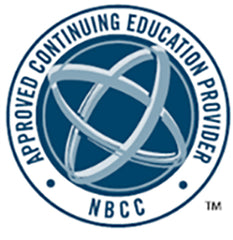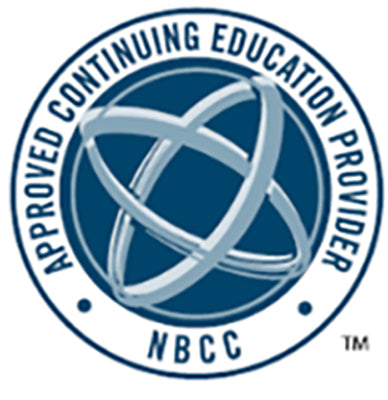Adopting a Trauma-Informed Lens in Supervision
Adopting a Trauma-Informed Lens in Supervision
Adopting a Trauma-Informed Lens in Supervision
The Department of Counseling and Educational Development at UNC Greensboro has developed a series of continuing education courses for clinical supervisors and other helping professionals to meet continuing education requirements set forth by the Center for Credentialing and Education (CCE) (a corporate affiliate of the National Board for Certified Counselors) and state licensure boards.
This 2-part module provides a comprehensive overview of trauma-informed care and trauma-informed clinical supervision, including definitions and principles of practice as well as application via case examples. Dr. Carolyn Knight, LMSW, PhD, Emeritus Professor, School of Social Work, University of Maryland, Baltimore, draws on her extensive background with trauma survivors as a clinician, supervisor, and educator. In a series of videos, Dr. Knight uses an engaging, conversational approach to share information and insights, discuss case vignette examples, and review reflective exercises. Required readings are included. Participants complete a quiz at the end of each module section. Upon successful completion of the course (both modules), participants will receive 15 contact hours of continuing education credit.

UNC Greensboro – Department of Counseling and Educational Development has been approved by NBCC as an Approved Continuing Education Provider, ACEP No. 3014. Programs that do not qualify for NBCC credit are clearly identified. UNC Greensboro – Department of Counseling and Educational Development is solely responsible for all aspects of the programs.
Learning Goals
Part I. The Trauma-informed Perspective: Its Application to Clinical Practice and Supervision
Participants will be prepared to:
- Describe the impact of trauma exposure on clients and clinicians.
- Explain the core principles of the trauma-informed perspective.
- Differentiate between trauma-informed and trauma-focused approaches to clinical work and clinical supervision.
- Identify types of indirect trauma as well as risk and protective factors for experiencing indirect trauma.
Part II. Adopting a Trauma-informed Perspective in Supervision: Core Skills
Participants will be prepared to:
- Describe methods of promoting trust and safety in clinical practice and clinical supervision.
- Identify examples of the application of trauma-informed principles in case vignettes of clinical supervision.
- Describe methods of promoting choice, collaboration, and empowerment in clinical practice and clinical supervision.
Cost
Registration Cost: $195
Refund Policy
Participants who have registered for this CE course can receive a partial refund if the participant has not viewed any of the program material on the MOODLE site. No refund is available for participants who have accessed or viewed the program material on the MOODLE site.
You have 180 days from your registration date to finish this course. Once you have been enrolled for 180 days you will be removed from the training and no longer have access to the materials.
Please note: Once you begin the modules you cannot get a refund. If applicable, participants can be granted a partial refund of $165 which constitutes the registration fee minus a $30 service charge. No other refunds are offered.
Extension Policy
Extension requests must be submitted prior to the 180th day of enrollment. A 30-day extension may be granted at that time if the request is warranted.
Technical Assistance
For questions or concerns regarding registration, please contact Catherine Curtis by email at clparlie@uncg.edu.
For questions regarding the MOODLE Learning Management System, please contact Nichole McGill, ntmcgill@uncg.edu.
Program Assistance
For questions, concerns, or complaints related to this CE course, please contact Dr. L. DiAnne Borders at ldborder@uncg.edu, Curry Building, UNC Greensboro, Greensboro, NC 27402, https://soe.uncg.edu/academics/departments/ced/
Non-Disclosure Agreement
Unauthorized disclosure or use of contents included is prohibited. Any information included in the course is considered proprietary and should not be copied, shared or distributed for any reason. Requests for documents not provided in the course will be denied. Should you intentionally allow others access to the content of the online training or share training content your certificate of completion will be withheld. After a certificate has been issued the University holds the right to revoke all evidence of completion should breach of this contract occur. Once you have been enrolled for 180 days you will automatically be removed from the course and no longer have access to the materials.
Note for all ACS trainings: You acknowledge that UNC Greensboro (UNCG) will monitor your progress in this course, and that if you do not fully participate, in UNCG’s sole discretion, in all aspects of the course (i.e., you have not accessed all of the materials or you have not spent the necessary amount of time required to adequately review all of the materials), UNCG shall not issue you a certificate for this course.
Couldn't load pickup availability
Share




